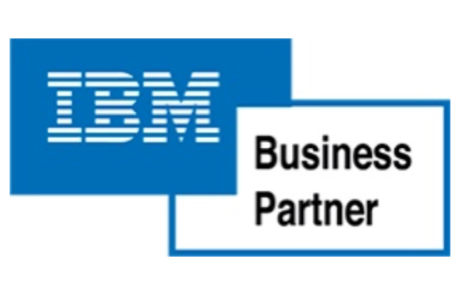Digital transformation applied to the financial sector
Economic, social, and technological processes are transformed in every industrial revolution. According to experts, we are witnessing the fourth industrial revolution or also called industry 4.0. This industry is based on an extensive digitalization and automation of production and distribution processes that eliminates physical limits, thanks to complex systems and technologies. This industry 4.0 creates new environments in which organizations will compete.
In this post, we will discuss the digital transformation applied to the financial sector.
Thanks to the advancements in technology, the financial industry is undergoing a complete overhaul in all aspects. We are seeing a reduction in the number of bank branches, and customers are increasingly encouraged to carry out their financial operations through online banking or mobile applications.
The financial sector is digitizing in this regard to compete in an increasingly digital environment. Digitization is improving and transforming the way financial operations are carried out, improving efficiency, reducing costs, as well as offering more personalized and convenient financial services and products to customers.
Benefits of digital transformation
We are witnessing a total process of process automation in which the benefits of digital transformation for the customer/consumer are, among others, the following:
- Greater accessibility and convenience when carrying out operations or transactions anywhere in the world. It is no longer necessary to go to your branch to simply make an immediate transfer. Now it can be done from online banking or from the App.
- Greater time savings, the time to perform an operation or transaction. The focus is on immediacy, with a single click, a series of processes are triggered in milliseconds that allow the operation to be carried out.
- Reduction of operating costs for financial institutions. Bank branches are eliminated, allowing these costs to be allocated to new digitalization and security projects for online banking and applications.
- Increased security in financial operations. The security of operations is intensified by using encryption and authentication technologies to protect customer accounts and operations. Transactions are traceable, enabling the fight against money laundering and bank fraud.
- More efficiency and accuracy. By using technology, the operational risk arising from human activity is eliminated as far as possible. This provides greater transparency for the customer.
All of this digital transformation is driven by the following technological advances:
- Broadband networks and smart mobile devices
- Cloud computing services
- Exploitation of large amounts of data (Big Data) and artificial intelligence (AI)
Changes in business models
Digital transformation has changed the way we engage with customers giving rise to new services and business models. Likewise, it has also lowered some of the barriers to entry that made the financial sector an unconnected market. The result is a disruption that is transforming the competitive framework and the structure of the financial services market.
Technological advances have led to the emergence of new service and distribution channels for financial services such as electronic banking portals, first, and then mobile banking applications that meet the conditions of immediacy, worldwide and simplicity, conditions required by consumers and the new generations to be connected at any time and in any part of the world for their daily operations.
The growth of technology in the financial sector also increases the risk of financial institutions suffering from cyberattacks, compromising customer data or falling victim to fraud. In order to reduce cyber risks, it is essential that both financial institutions and public organisations provide digital education.
In short, from a competitive perspective, the digitalisation of the financial sector means that electronic portals and mobile applications allow providers to target larger markets and benefit from economies of scale without the need to establish and maintain an extensive physical network of branches.
This opportunity is being seized by new financial service providers with a highly digital distribution model. In addition, digital channels tend to increase the comparability of products and services across providers and reduce switching costs for consumers.
At Capitole, we support our financial institution clients in this digital transformation of their systems through technology projects.

Iván Garrido
Business Analyst at Capitole Consulting
Your Content Goes Here




















